
Hong Kong-born footballer Jay Haddow intends to emulate a former Manchester United and England midfielder after signing for former Premier League winners Blackburn Rovers.
The 16-year-old central midfielder and right back spent four years at the Rovers Academy before earning a paid youth scholarship contract last month, which he attributes to a crucial characteristic: composure.
“It’s a bit of an underrated choice but someone like Michael Carrick,” Haddow said of his playing style, fresh off an afternoon Zoom yoga session with his Blackburn teammates.
“He’s always composed on the ball and to play for so long at a big club like [Manchester] United under Sir Alex Ferguson, I think he deserves so much more credit for making things look easy. I know there are other players like [Andrea] Pirlo or Xavi, but Carrick is someone who I really look up to.”
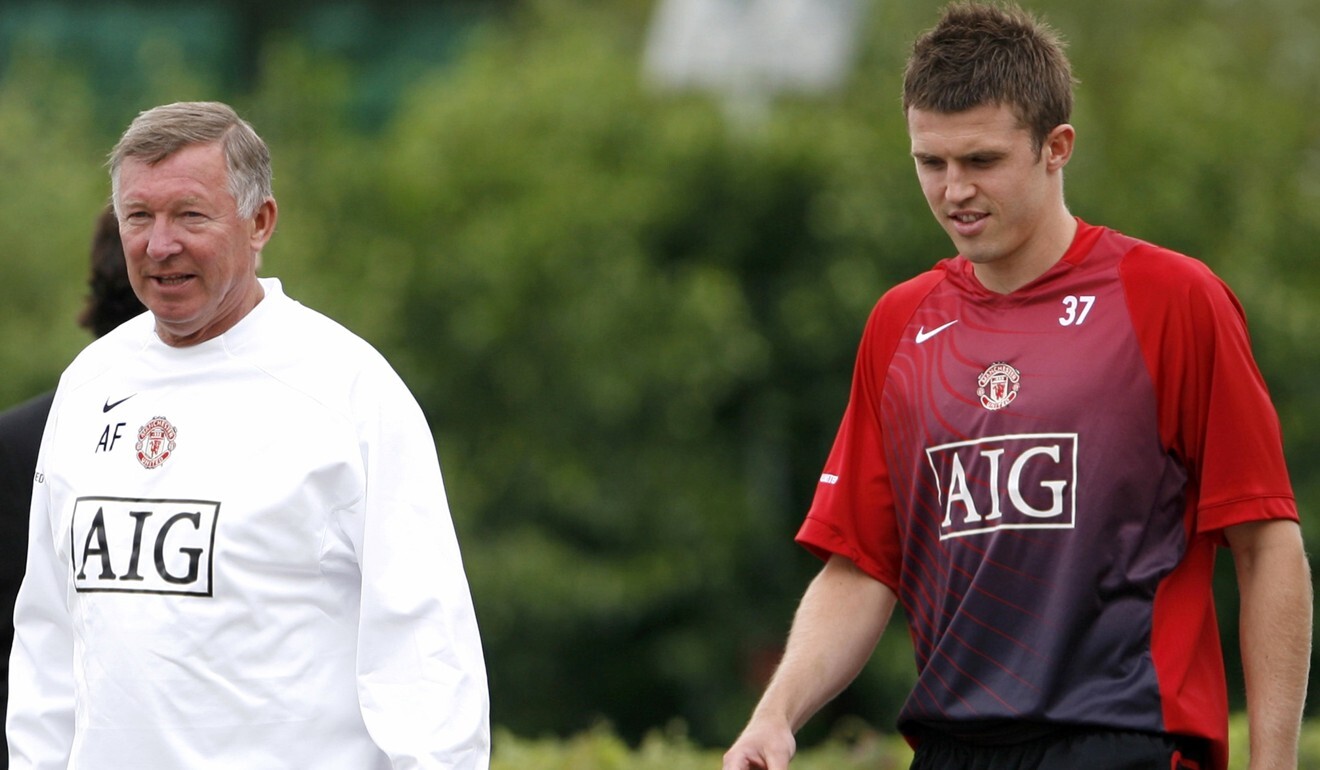
Haddow, of mixed English-Japanese heritage, left Hong Kong at the age of 12 for the Moorland Football Academy boarding school – about 20 kilometres from Blackburn’s Ewood Park in northwest England. Club scouts had identified the cool-headed passer before term had even started.
“I went in February [2006] for a taster week because I had never seen a school in England before. I had been in Hong Kong my whole life so I needed to experience it before jumping straight in,” said Haddow, a former Kitchee, Brazilian Top Schools and Discovery Bay Dragons player.
“During that time I was training with the school and there were some coaches visiting. They said they’d wait for me to come back in September, give me a week to settle in, then offer me a trial at Blackburn.”
He impressed immediately – though being ushered back to central defence – and went on to play against the top academies in the country.
“I was completely new to English football and I found it really different to Hong Kong football – the physicality and the speed of the game,” he said. “Then I also had to wait five months for my international clearance – I only played about two friendlies – but I did quite well.
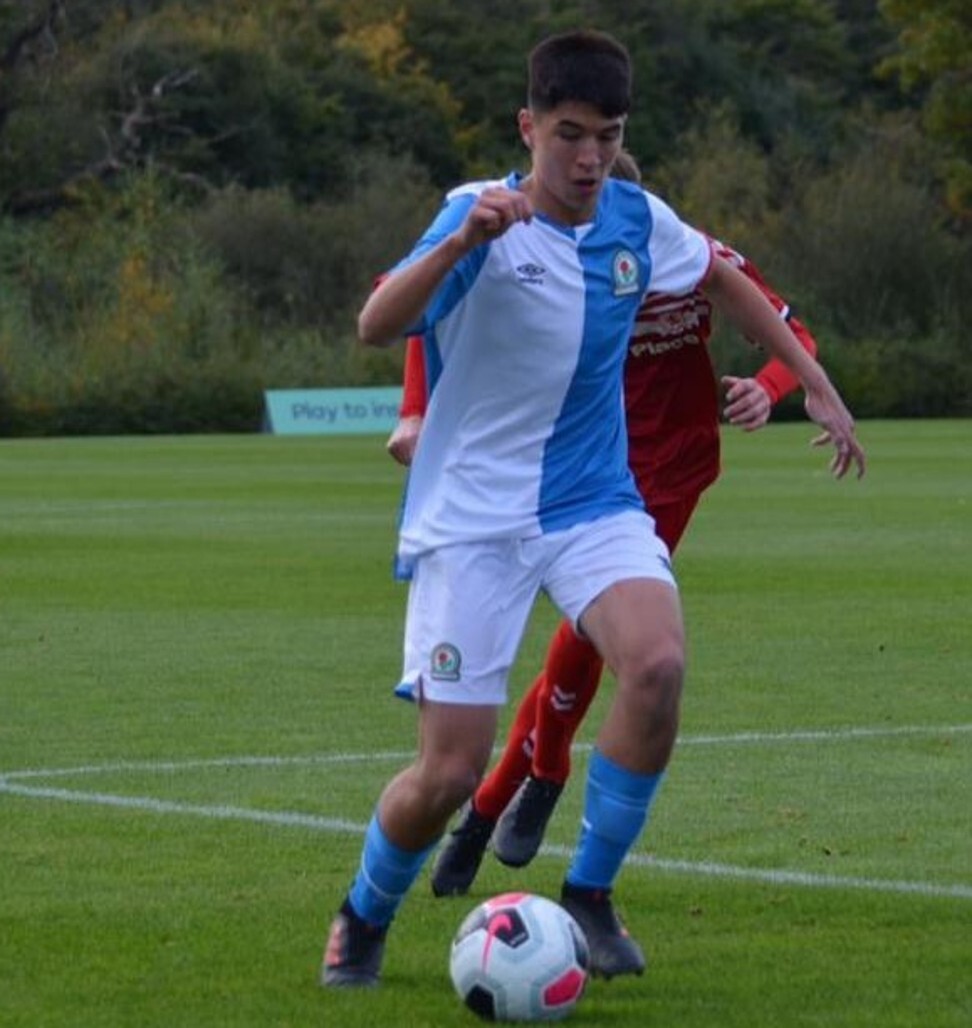
“Funnily enough, I was a centre-midfielder in Hong Kong but during my trial I was placed in centre-back. I think I might have impressed because that whole season and the season after I was a centre-back. Now times have changed so I’m back in midfield or full-back.”
The following season, Haddow described going from “a really poor start with seven or eight games without a win” to coming second in a nationwide tournament – losing to Wolverhampton Wanderers in extra time.
Haddow will spend his next two years living at Blackburn’s Academy, where he will be paid a basic wage and experience the life, diet and rehab of a professional player.
The contrast between playing school football in Hong Kong and then scoring goals against the likes of Manchester City is stark.
“It was quite overwhelming at the start, but you sort of get used to it. Being at a big club like Blackburn really helped me settle and I just play as I normally would. I forget whichever team we’re playing against, whether it’s Chelsea or City. I think of it as 11 other players,” he said.
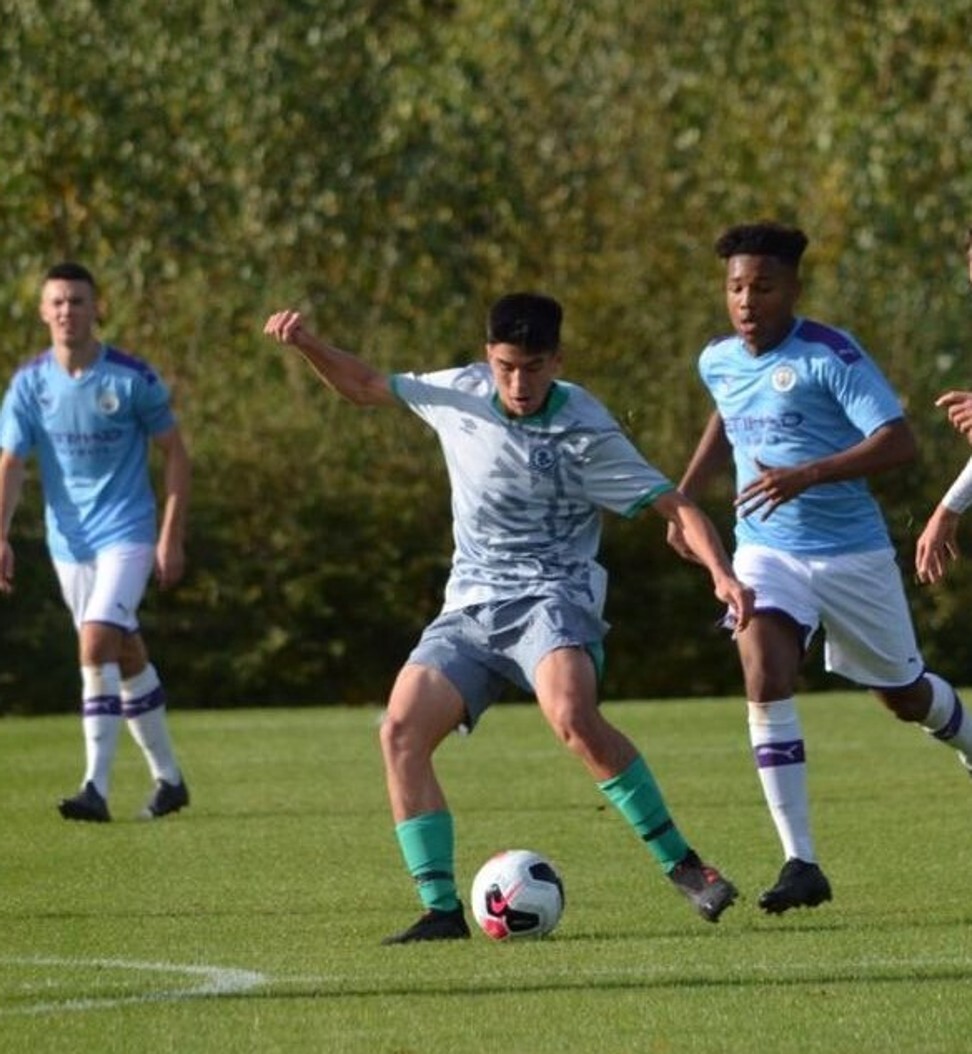
“I was about 10 or 11 when I joined Kitchee, at the same time as playing for Top Schools. These are the clubs where I got most of my composure and touch from. At Kitchee, I learned a lot about how to play 11-a-side football because they encourage it from a very young age. Tactically, I learned a lot.
“I agree [that Hong Kong footballers fear the physical elements of the game] and I think the refs are quite soft as well. In England, they encourage physicality – even the refs like to see a good tackle! You don’t get that in Hong Kong and the refs like to pick up on small things,” said Haddow, who has since learned to enjoy crunching tackles against opponents.
“I love it. Sometimes I can get a bit too aggressive, but a great tackle is like scoring a goal. Especially if you’re losing the game, a good or crunching tackle can boost the team. I wasn’t always that hard-tackling guy – I was quite skinny – but I was so used to getting bumped off the ball when I first moved that the anger inside me made me more physical and aggressive.”
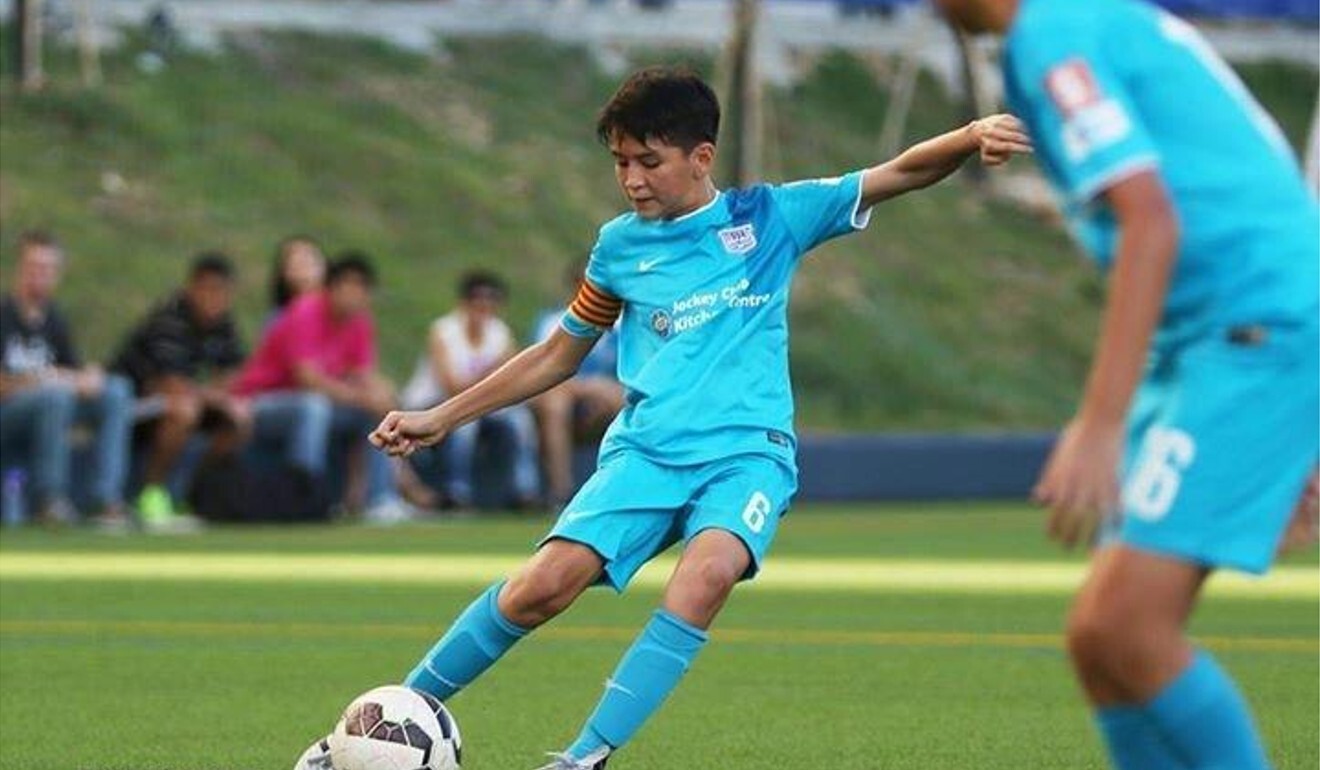
On the flip side, Haddow felt his Hong Kong-influenced technical style of football would complement England’s nicely.
“One of my main traits that I’ve always carried is composure and I like to be on the ball. I know the English style is more get it up [the pitch], long balls and physical, but especially in centre-back I liked playing it out from the back. Not necessarily dribbling it out, but passing instead of hoofing it up,” he said.
“Also versatility; being able to play in different positions and formations.”
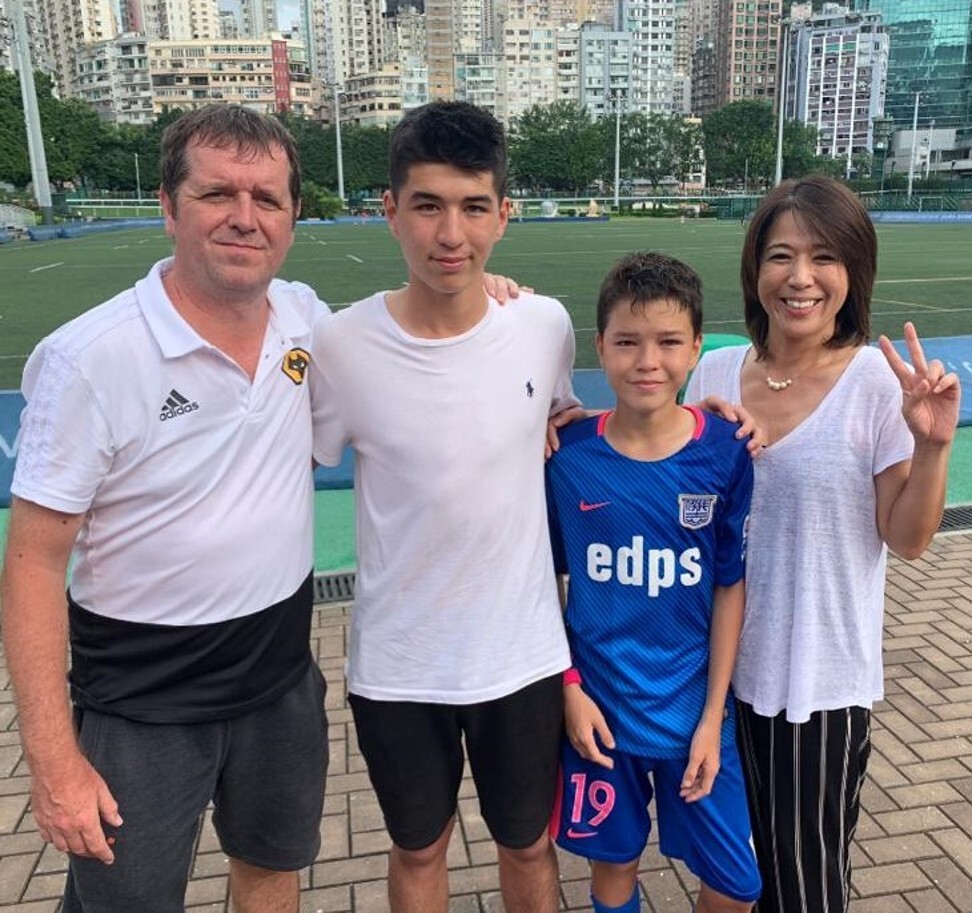
With such a unique blend of technical and physical prowess, the Hong Kong Football Association will undoubtedly have kept tabs on the midfield general in the making. Haddow is a local identity card holder, but the chances of seeing him in a Hong Kong kit are slim.
“I’ve got a Hong Kong ID and British and Japanese passports,” he said, before clarifying translations by local media about his desire to play for Hong Kong. “One thing I sensed from the comments was that I should play for Hong Kong, but the thing is, unless I’m 18 one of my parents would have to give up their passport, which would make it even harder to live and work in the UK. Within football, I can play for Japan, England or Scotland.
“What I wanted to say was that if I wanted to have a career in football – if it never quite works out in England when I’m, let’s say, 18 or 19 – Hong Kong would always be an option to return. For example, if I was to have a career, and hopefully a successful one, maybe in my thirties I would like to give back for everything that Hong Kong has helped me [achieve].
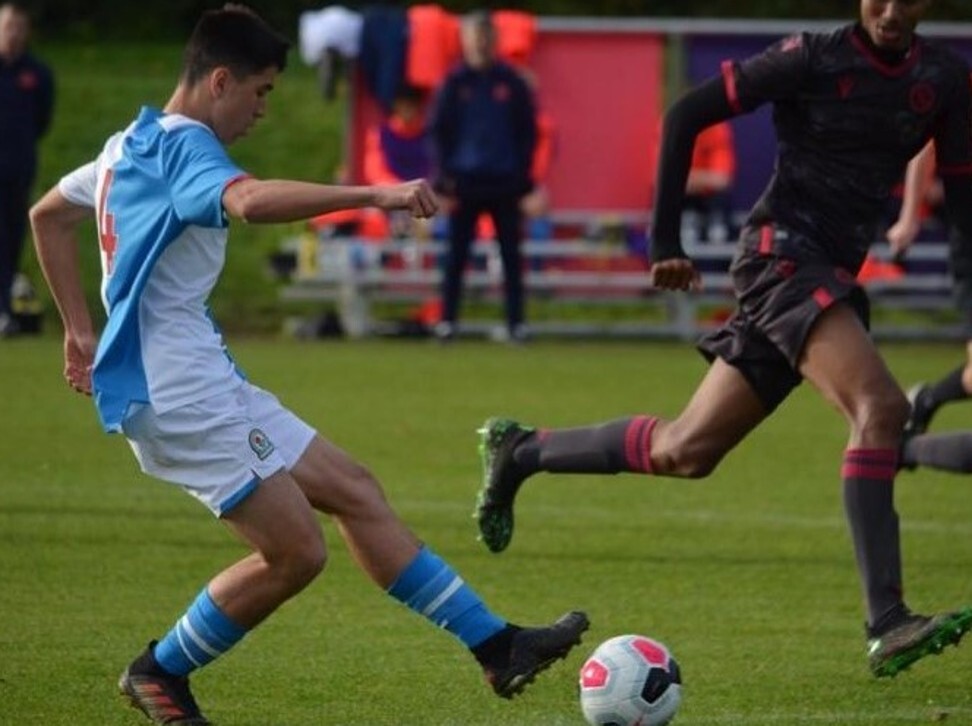
“But at least for the next three or four years, I definitely can’t play for Hong Kong. It’s not feasible. I actually got asked when I was with Kitchee, but the passport issue never really quite worked out.
“I treat Hong Kong as my home and I think it will be for the rest of my life. The one thing I didn't want is for me and Hong Kong to separate,” he said.
Haddow’s family moved over last year for his GCSE exams – which, like many things, were cancelled this year. After hopefully passing his replacement end-of-year assessments, he intends to complete a BTEC in sport. “You need to pass English and maths, those are the main subjects I was working on,” Haddow said.
Despite his early successes and undeniable promise, Haddow remained extremely humble about his prospects of a career. He recalled an example used by Blackburn coaches regarding now-United defender Phil Jones.
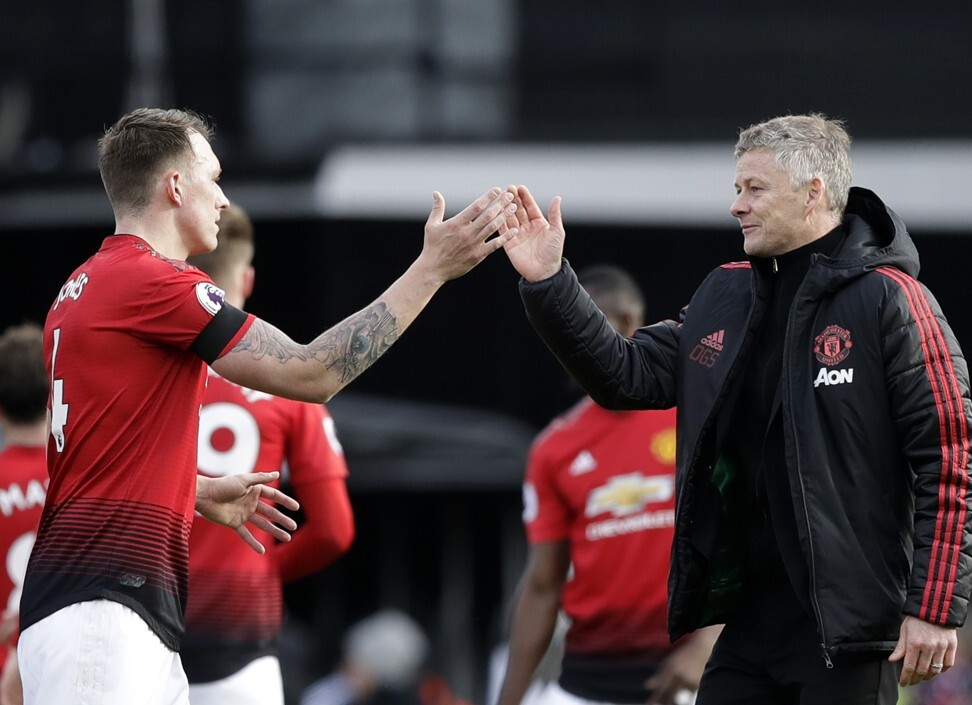
“Anything can happen. I’ve heard so many times that the best player at U14s will be the worst player at U18s or the opposite way around,” Haddow said. “The best example Blackburn used to me is Phil Jones at U18s was always playing at U16s because he just wasn’t good enough. He went to United for £30 million (HK$287 million) three years later.
“I always knew [the U13s contract] didn’t mean much because it was just the start. It’s the stuff that’s after that means a lot. If I ever get a professional contract, that will be the one I will be really proud to say ‘I got this’,” said Haddow.







